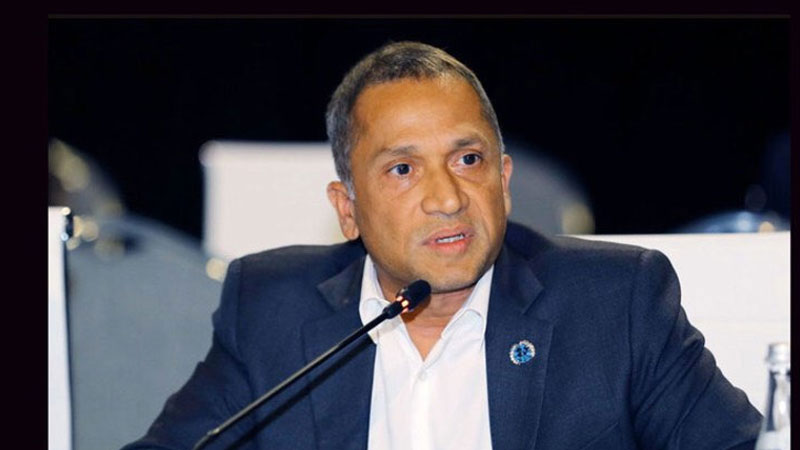
UN Resident Coordinator for Fiji, Sanaka Samarasinha says there are worst forms of child labour in Fiji which has been identified through a research by the International Labour Organisation and Fiji partners.
Samarasinha says these worst forms of child labour include children in the commercial sex trade mainly in prostitution and pornography, children in illicit activities such as trafficking drugs, begging, gambling and organised robberies.
He says other forms include children in hazardous child labour such as deep sea diving, collecting seafood, agriculture and sugarcane harvesting, construction, scavenging and scrap metal collection.
Samarasinha says child labour below the minimum age in Fiji involved children working particularly in the informal sector like street vending, garage, car-wash, as well as in commercial farming and many of whom were either out of school or working after school hours.
He adds Fiji had a 560% increase in drug-related offences between 2013 and 2018 as noted in the 2019 United Nations Office on Drugs and Crime Report.
Samarasinha further says 57 percent of 3,705 students aged 13 to 17 years indicated in the Global School-Based Health Survey in Fiji that they had used drugs before the age of 14.
He says these are startling figures and calls for immediate action.
Samarasinha says there is a need to update research on the worst forms of child labour, raise awareness on child labour and worst forms of child labour using existing platforms, and to finilise and approve legal and policy framework to eliminate child labour and the worst forms of child labour in Fiji.
Stay tuned for the latest news on our radio stations

